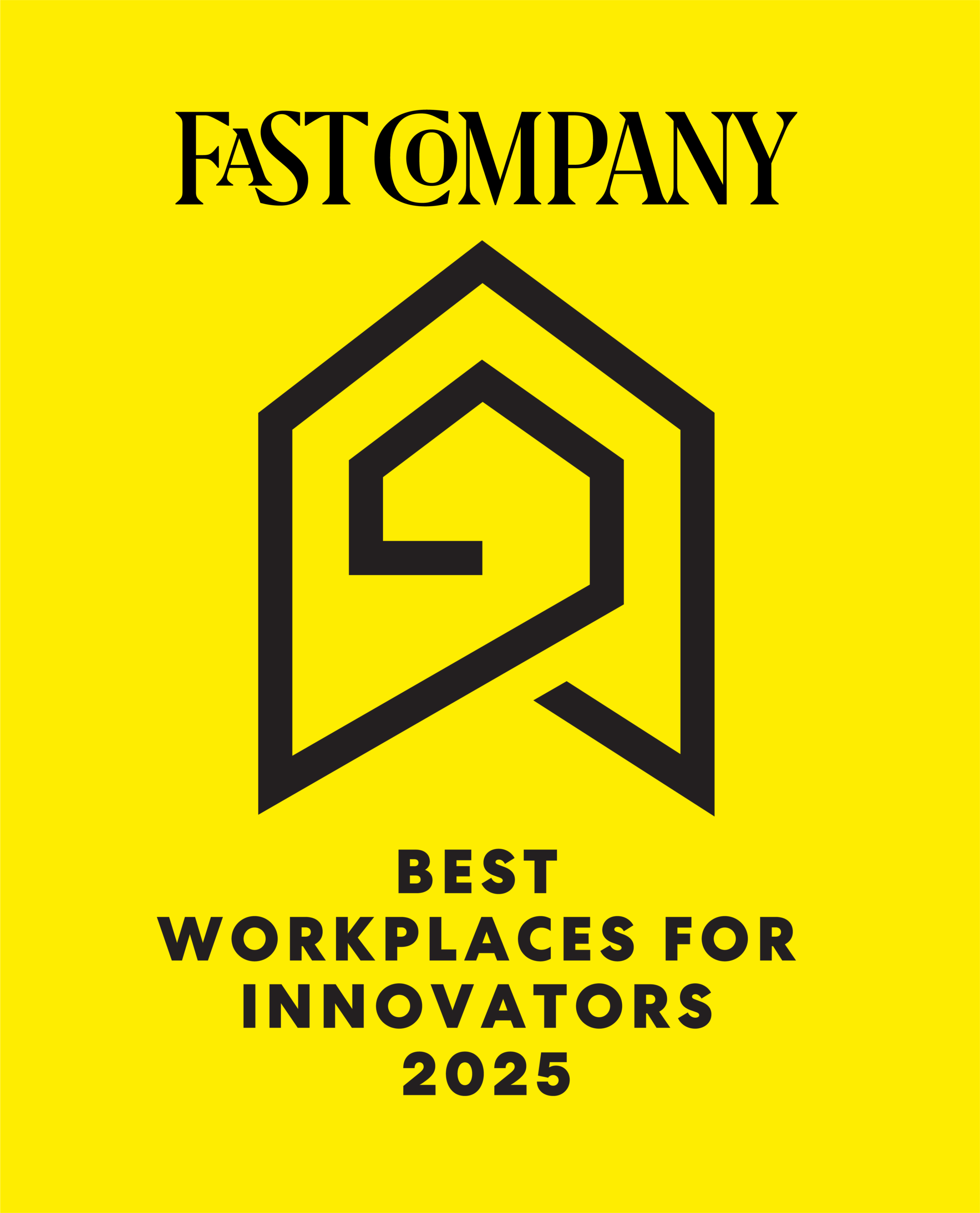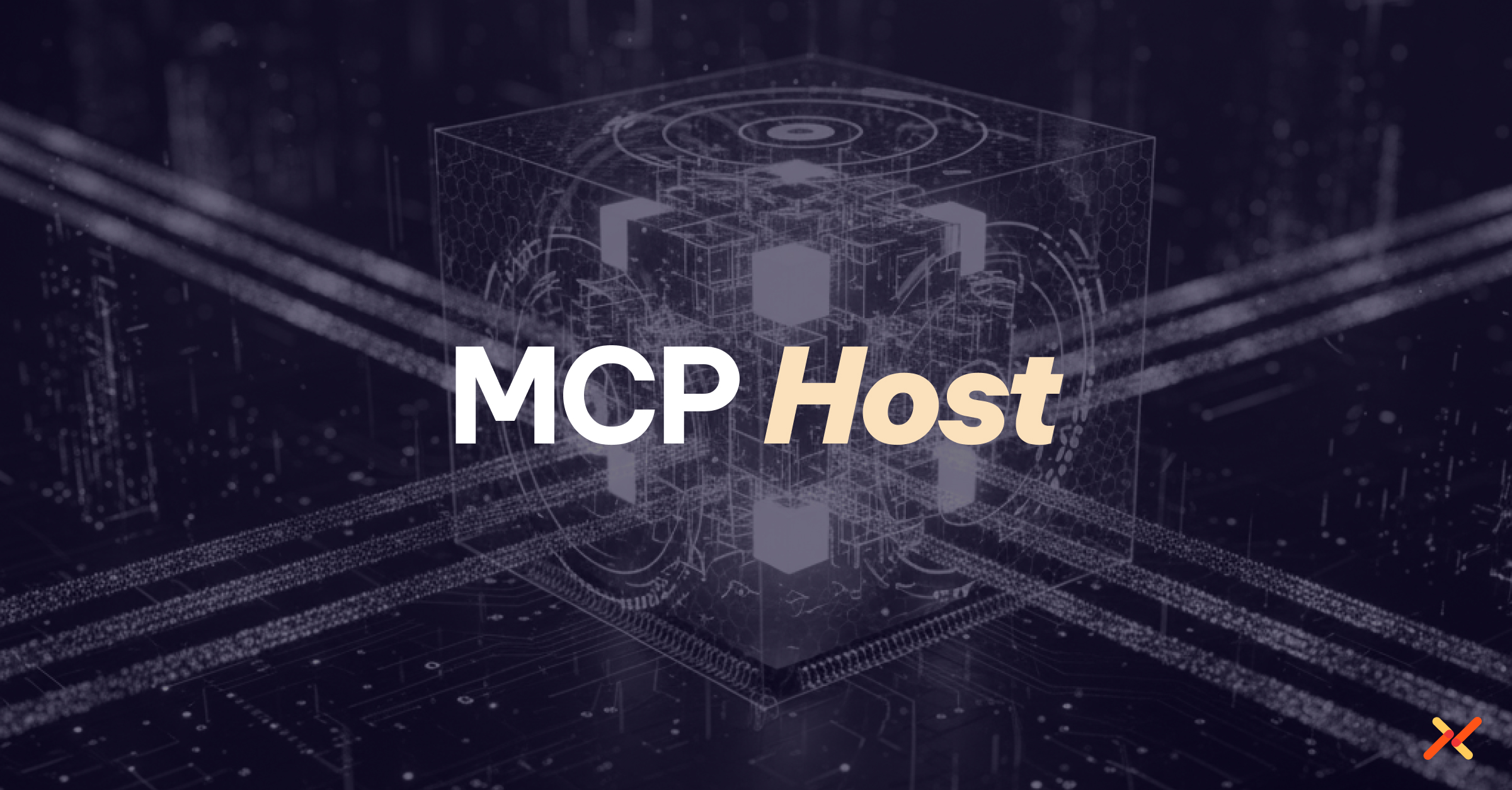An MCP Host is the environment or runtime that runs a Model Context Protocol (MCP) server and provides tools, data, or services that AI agents and models can access through standardized interfaces. It acts as the provider side in the MCP ecosystem, exposing actions, endpoints, and contextual data to authorized MCP clients.
How It Manifests Technically
In the MCP architecture, the host implements the protocol’s server-side responsibilities. In practice:
- The host registers capabilities and tools that can be invoked by MCP clients (e.g., APIs, databases, document stores, or file systems).
- It advertises a manifest describing available actions, required permissions, and input/output schemas.
- When an MCP client connects, the host authenticates and authorizes the client before fulfilling requests.
- MCP Hosts often operate inside AI development environments, internal agent platforms, or enterprise SaaS systems that expose trusted actions to models.
- Each host must maintain secure trust boundaries, ensuring that only legitimate, authenticated agents can invoke sensitive tools or operations.
Why This Matters for Modern Enterprises
As enterprises integrate AI agents into workflows, MCP Hosts become gateways between AI systems and operational infrastructure. They:
- Provide a structured, standards-based way for AI agents to access internal tools and data.
- Enable cross-platform interoperability across multiple agent frameworks.
- Represent a critical control point for enforcing authentication, authorization, and auditing of AI-initiated actions.
However, if left ungoverned, an insecure MCP Host can expose sensitive business systems to unverified AI agents, creating new identity and compliance risks.
Common Challenges with MCP Hosts
- Client authentication: Ensuring that only verified and attested MCP clients (agents or workloads) can connect to the host.
- Credential injection risk: Hardcoded tokens or API keys used to authenticate hosts or connected tools can be leaked or reused.
- Tool-level authorization: Defining fine-grained permissions for each exposed tool or data source.
- Cross-domain policy enforcement: Maintaining consistent access rules across multiple MCP Hosts and environments.
- Auditability gaps: Tracking which agent or workload invoked which tool on which host can be difficult without centralized logging.
How Aembit Helps
Aembit secures MCP Hosts by extending Workload Identity and Access Management (Workload IAM) and Zero Trust for workloads principles to the MCP server environment.
- It verifies the identity of both MCP Clients and Hosts using Trust Providers (e.g., AWS, Azure, Kubernetes, GitHub Actions) before any session begins.
- It eliminates static secrets by brokering short-lived, scoped credentials or enabling secretless authentication between hosts and clients.
- Policies define which hosts can expose which tools and which agents are allowed to invoke them, ensuring least-privilege access.
- Each MCP transaction, including host registration, tool invocation, and credential issuance, is logged with full identity and posture context for auditability and compliance.
- By unifying trust and policy enforcement across multi-cloud and hybrid environments, Aembit transforms MCP Hosts into governed, verifiable endpoints for enterprise AI ecosystems.
In short: Aembit ensures every MCP Host operates within a trusted, identity-aware framework, so every tool, action, and agent connection is authenticated, authorized, and auditable.
Related Reading
FAQ
You Have Questions?
We Have Answers.
What exactly is an MCP Host in the MCP architecture?
An MCP Host is the AI-application or runtime “meta-layer” that instantiates one or more MCP Clients and manages their connections to MCP Servers. In simpler terms: if the Host is the environment (e.g., an IDE, agent orchestration platform, or assistant runtime), the Clients are the channel components that talk to external tool servers.
How does an MCP Host manage capability registration and manifesting?
The MCP Host often coordinates the tool-capabilities exposed by the MCP Servers: it may register/manifold the manifest of available tools for its Clients, manage tool discovery internally, and map agent logic to invocation flows. Because the Host sits between the agent runtime and external services, it must enforce that only authorized Clients act through it, and that tool manifests reflect correct permissions and schemas.
What security responsibilities does the MCP Host carry that differ from Clients or Servers?
- The Host must verify the identity and context of any MCP Client before it’s allowed to use the Clients it manages (so the Host acts as a gatekeeper).
- It must ensure that tool capabilities it advertises are correctly scoped and enforceable (so Clients don’t exploit over-permission).
- It must provide centralized logging and correlation of Client → Server interactions since it can act as the control plane for those flows (helping auditability).
- It must maintain trust boundaries between its runtime, Clients and any Servers, if the Host is compromised, all downstream connectivity may be exposed.
What considerations should enterprises make when selecting or deploying an MCP Host?
Enterprises should evaluate:
- Integration maturity: Does the Host support required tool discovery, manifest management, session isolation and multi-agent coordination?
- Identity and access controls: How does the Host tie into the enterprise IAM/trust fabric (workload identity, attestation, secretless access) for both Clients and Servers?
- Logging & observability: Can the Host capture which Client instance called which Server tool, under what context, and with what credentials or posture?
- Cross-domain support: If Clients or Servers span multiple clouds, on-premises systems or SaaS, does the Host enforce consistent policies and trust across domains?
- Runtime security posture: Since the Host often runs the model agent logic and orchestrates workflows, its runtime must be hardened (secure enclave, attestation, minimal attack surface) to prevent the Host becoming the weak link.

